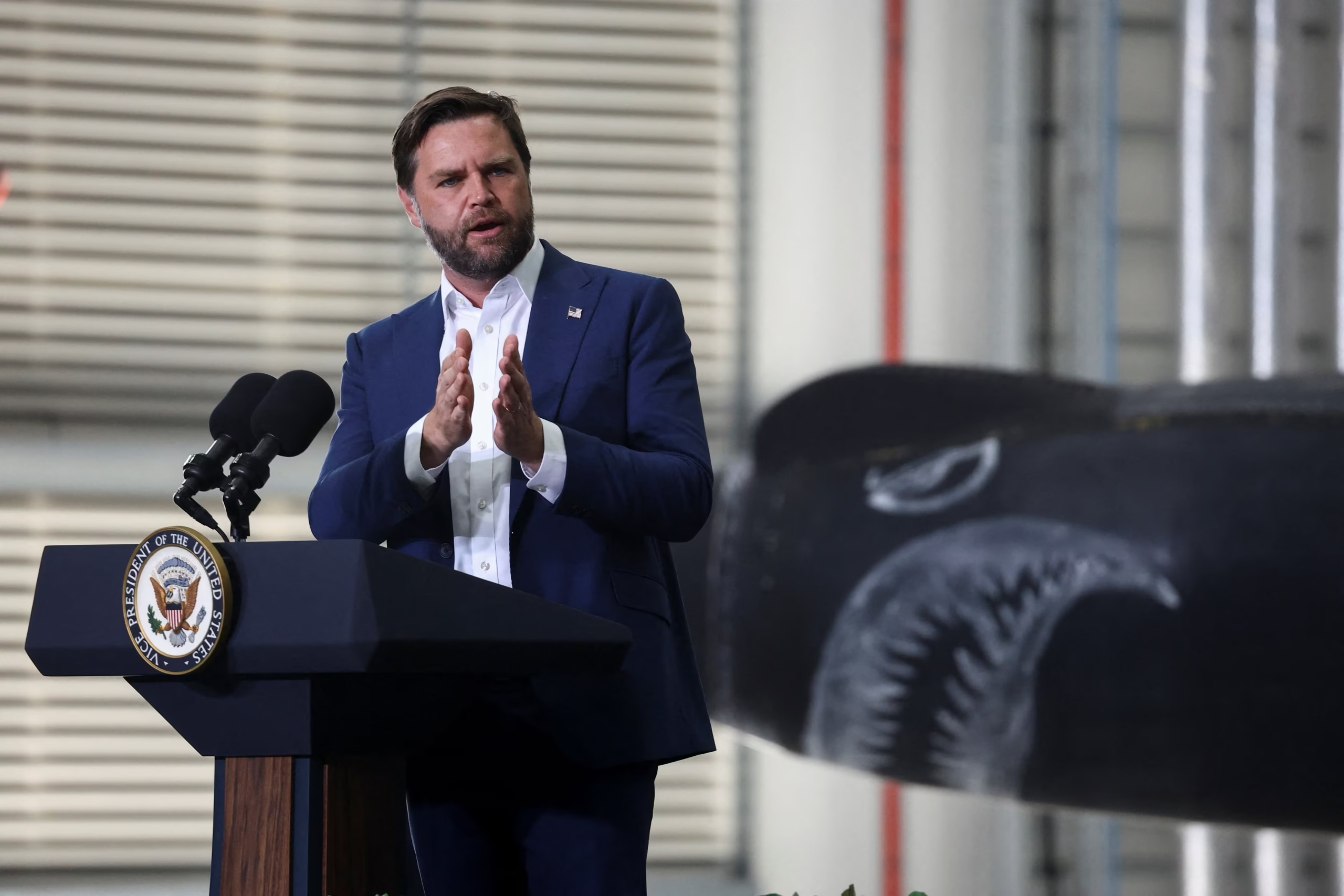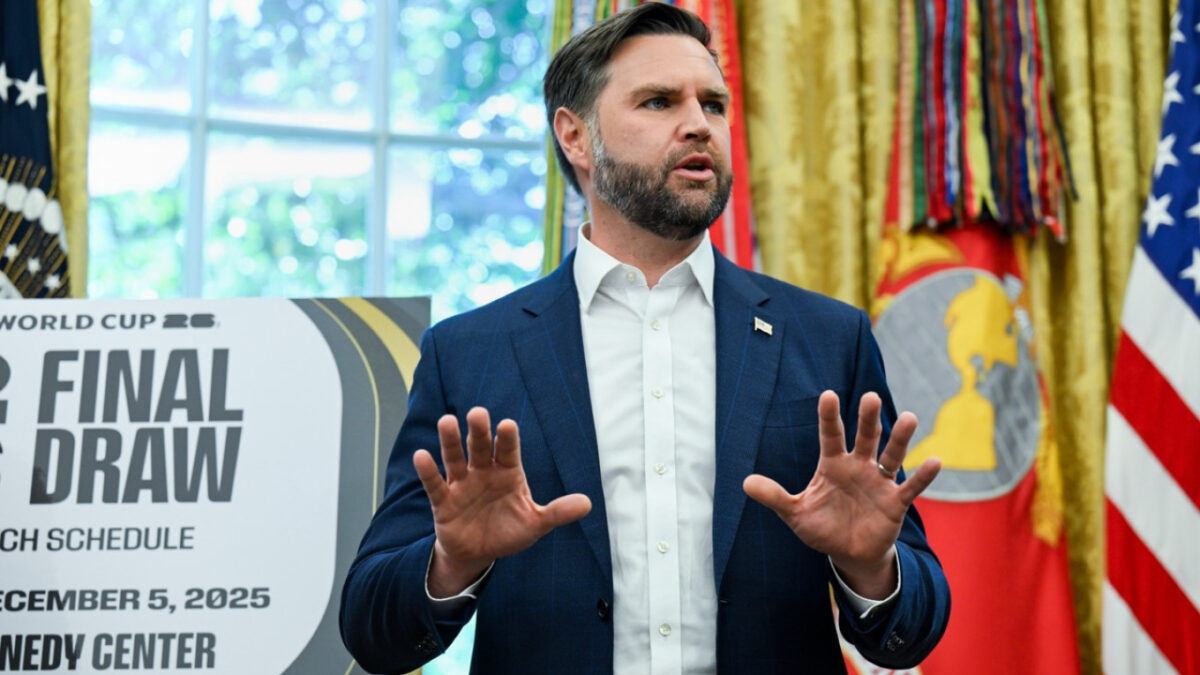A Shifting Stance on Russia
In a recent statement, U.S. Vice President JD Vance indicated that Washington is not ruling out the possibility of imposing tougher sanctions on Russia. His remarks come amid heightened discussions in Washington and European capitals about the future of the conflict in Ukraine and the broader security landscape in Europe. According to Vance, while Russia remains a central challenge to U.S. foreign policy, there are also emerging signs of concession from Moscow that could reshape ongoing negotiations.
The Sanctions Debate
Sanctions have long been a primary tool of American and European policymakers when dealing with Russia. Since the invasion of Ukraine in 2022, a series of sanctions targeting Russia’s financial system, energy exports, and defense industries have been implemented. Vance emphasized that new sanctions are still on the table, particularly if Moscow escalates military actions or undermines peace efforts.
At the same time, analysts note that the effectiveness of sanctions is often debated. Some argue they place significant strain on Russia’s economy, while others point out that Moscow has adapted by redirecting trade to Asia and finding alternative sources of revenue. Vance’s statement appears aimed at keeping diplomatic pressure high while maintaining flexibility in U.S. strategy.

Notable Concessions from Moscow
Interestingly, Vance did not solely focus on punitive measures. He also acknowledged that Russia has recently shown what he described as “notable concessions.” These include quieter rhetoric from the Kremlin about nuclear escalation and a willingness to discuss security guarantees for Ukraine under certain conditions. While these moves are far from a breakthrough, they suggest a potential shift in tone that U.S. and European negotiators are monitoring closely.
Diplomats in Brussels and Washington believe that any real progress will depend on whether Russia is willing to accept long-term commitments that respect Ukraine’s sovereignty. Still, Vance’s recognition of these gestures indicates that the Biden administration is seeking to balance pressure with cautious engagement.
Coordination with European Allies
A key part of Vance’s remarks focused on U.S.-European coordination. He stressed that sanctions and negotiations must move in tandem with the European Union and NATO partners. Recent talks have centered on security guarantees for Ukraine, including advanced military aid, financial assistance, and stronger commitments to defense cooperation.
European leaders, especially in Germany and France, have urged Washington to remain open to dialogue while keeping deterrence strong. This dual-track approach reflects a broader consensus that peace will require both firmness and flexibility.
Implications for Ukraine and Global Security
For Ukraine, the stakes remain high. Stronger sanctions could weaken Russia’s capacity to wage war, but concessions from Moscow might open doors for a fragile ceasefire or even structured negotiations. For the global community, Vance’s balanced remarks highlight the complexity of navigating between confrontation and compromise.
As the situation evolves, the U.S. administration under President Trump and Vice President Vance will likely continue to pursue a strategy that mixes sanctions, diplomacy, and alliance-building. Whether this approach leads to lasting peace or further tensions will depend on decisions made in Moscow, Kyiv, and Western capitals in the months ahead.


